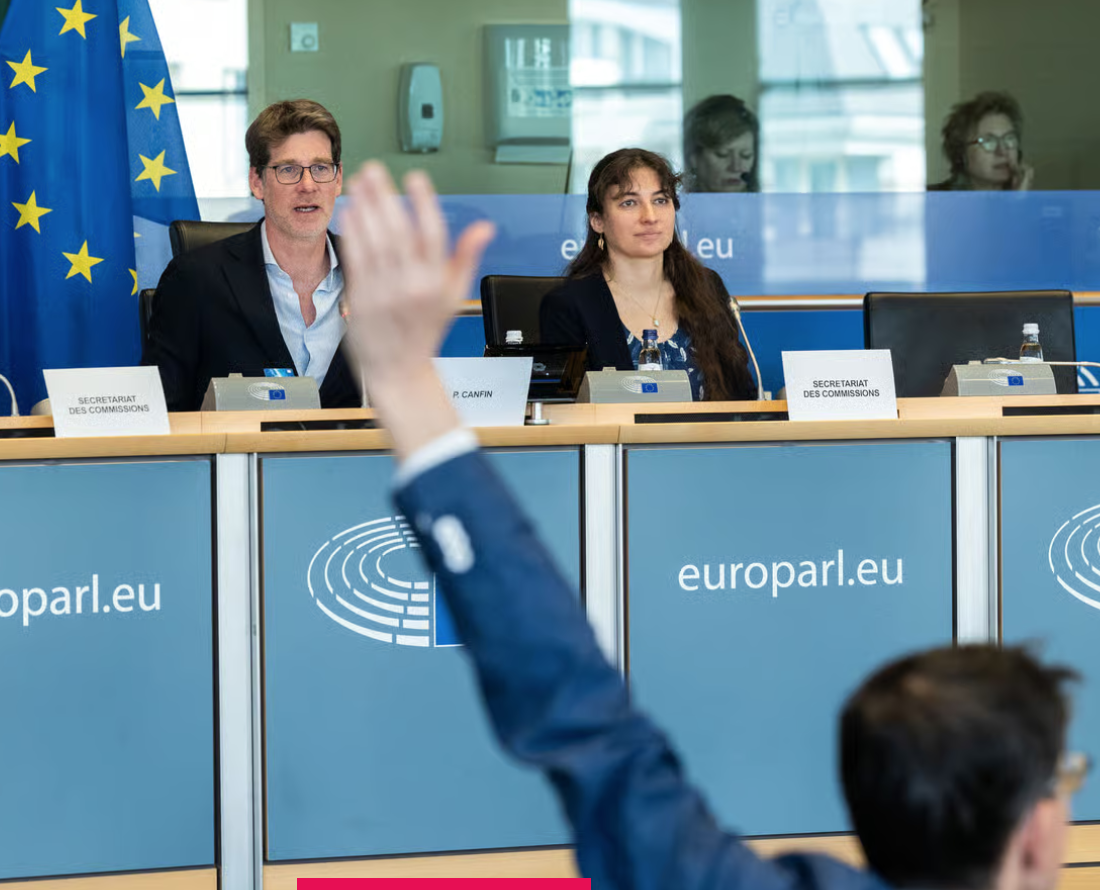
Signifying a collective population of 6.5 million citizens, representatives from ten European cities, including Dublin, Paris, Strasbourg, Bordeaux, Leuven, Annecy, Bologna, Rzeszów, Terrassa and Turku, gathered to endorse the Slow Fashion Declaration. This joint effort seeks to urge the European Union, G7, and the Organisation for Economic Co-operation and Development (OECD) to establish regulations that level the playing field between slow fashion entrepreneurs and fast fashion conglomerates.
The declaration outlines several key objectives, including raising public awareness about the social and environmental consequences of fast fashion. It further aims to facilitate access to production and sales sites by leveraging public support to reduce rents for slow fashion actors. Financial backing for research and innovation in environmentally friendly technical solutions and local job creation is also emphasized.
The declaration calls for financial support for new business models within the fashion sector and encourages the reorientation of grants and loans to support companies with a positive impact, emphasising the role of public procurement in fostering new markets and customers for sustainable businesses.
The textile industry currently bears responsibility for significant environmental degradation and human rights violations, ChangeNow said in a statement. The Slow Fashion movement aims to counter these issues by advocating for ethical and fair production practices, which prioritize environmental sustainability and improved working conditions for industry stakeholders.
Ambition regulations at scale
To achieve its objectives, the Slow Fashion Declaration pushes for ambitious regulations at the international, European, and national levels. At the international and European scale, it proposes measures such as the prohibition of unfair trading practices, support for producing countries through governance reforms and law enforcement, and a ban on incentives to consume through fast fashion advertising. The declaration also iterates the implementation of a robust Carbon Border Adjustment Mechanism (CBAM) applicable to the textile industry and methods to hold businesses accountable via a Corporate Sustainability Due Diligence EU directive. Other focus points including banning chemicals in the textile industry and establishing a European Slow Fashion Label to inform consumers about the origin and environmental impact of clothing and support for the cultivation of organic textile raw materials in Europe.
Barbara Trachte, State Secretary for the Economic Transition and Scientific Research in the Brussels Capital Region Government and the initiator of the Slow Fashion Declaration, expressed the urgent need for action, stating, “We don’t want to wait for more nature and biodiversity to be destroyed. We don’t want another Rana Plaza, nor do we want to see the slow fashion designers and entrepreneurs go bankrupt. We want a ban on ultra-fast fashion, fair competition rules so that we can all be sure that the clothes we wear are made by people who like their jobs and that they don’t harm the environment.”
Mayors from various cities, including Rzeszów in Poland and Paris in France, echoed the sentiment and importance of collaboration to drive change. They stressed the significance of local initiatives, circular economies, and the role of national and international standards in transforming production methods and consumption behaviours.
Read more – Fashion United
